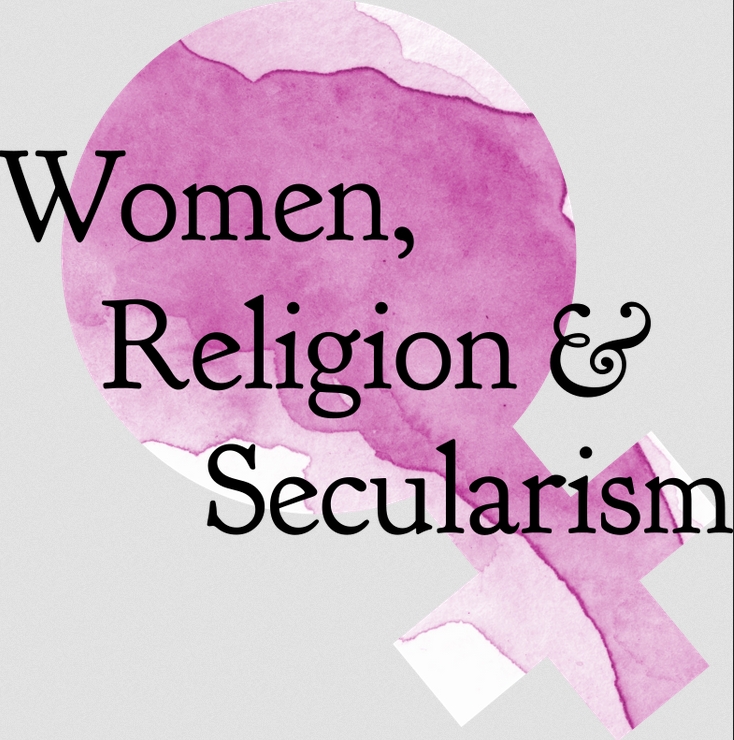POLICREDOS - Religiões e Sociedade
Workshop
Political and public approaches to gender, secularism and multiculturalism
11 a 13 de novembro de 2015
CES-Lisbon (Picoas Plaza | Rua do Viriato, 13, Lj. 117-118)
This workshop is the third of a series of international workshops on the theme. Is secularism bad for women? Women, Religion and Multiculturalism in contemporary Europe’s focusing on the relation between the role of religion in women’s lives and gender equality (https://womenreligionandsecularism.wordpress.com/).
This is an important question to debate, given the increased visibility of religion in the globalized world of the 21st century. While some scholars and political actors argue that a form of political secularism is the best way to ensure gender equality, others consider secularism a bad political arrangement for religious people, because it excludes them from the political and public sphere. Taking forward discussions initiated by Susan Moller Okin’s controversial 1997 essay, is multiculturalism bad for women´s? And continued recently in works of scholars including Saba Mahmood, Joan Scott, Nilüfer Göle, Nadje Al-Ali, Linell Cady and Tracy Fessenden, these workshops address the following questions: how can European societies secure religious women’s freedom and flourishing? What political arrangements offer the most to those who are religious and female? Is religions at least some forms of it´s an impossible impediment, something that must be destroyed in order for women to be free? Or can religion be a positive force in women’s lives, something that enhances their wellbeing and aids social justice?
This workshop will approach these issues by focusing on the public and political spheres, as well as on the theoretical debate. The first workshop at Uppsala University (May 2015) examined the Individual or everyday level, while the second one at Coventry University (June 2015) addressed the organizational or group level. In the Lisbon workshop we will investigate the political and public approaches to gender, secularism and multiculturalism.
We will focus on how the issues of gender equality, secularism and multiculturalism are treated in three forms of public spheres: (1) the mass media sphere, (2) the political sphere, and (3) the theoretical discourse on public religion.
How do gender equality, secularism and multiculturalism become public matters? What kind of issues are they intertwined with? What values and controversies do they involve? How are these different spheres intertwined with one another? What kind of understandings of the public do they involve? How are these issues politicized? What kind of challenges do they pose to the theoretical debate? What they may tell us about the contemporary conceptions of religious/female agency and citizenship? What do they tell us about democracy?
Keynote speakers: Chia Longman (Associate Professor of Gender Studies, Ghent University), Teresa Toldy (University Fernando Pessoa, Porto and Centre for Social Studies, Coimbra).


